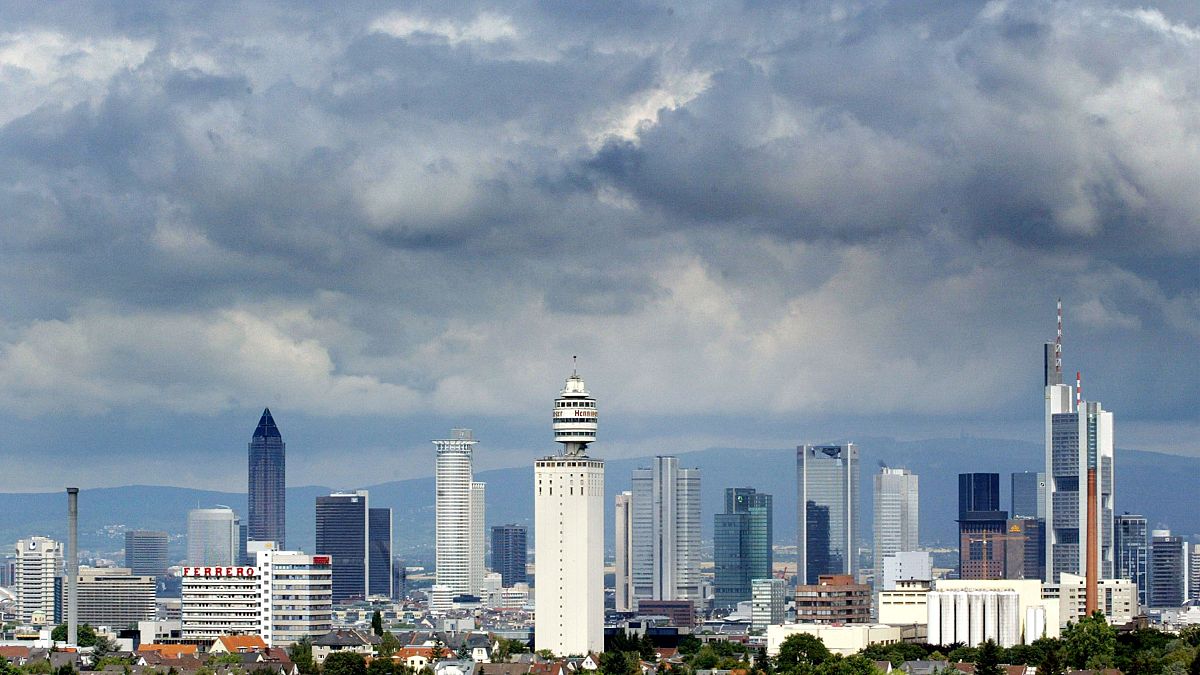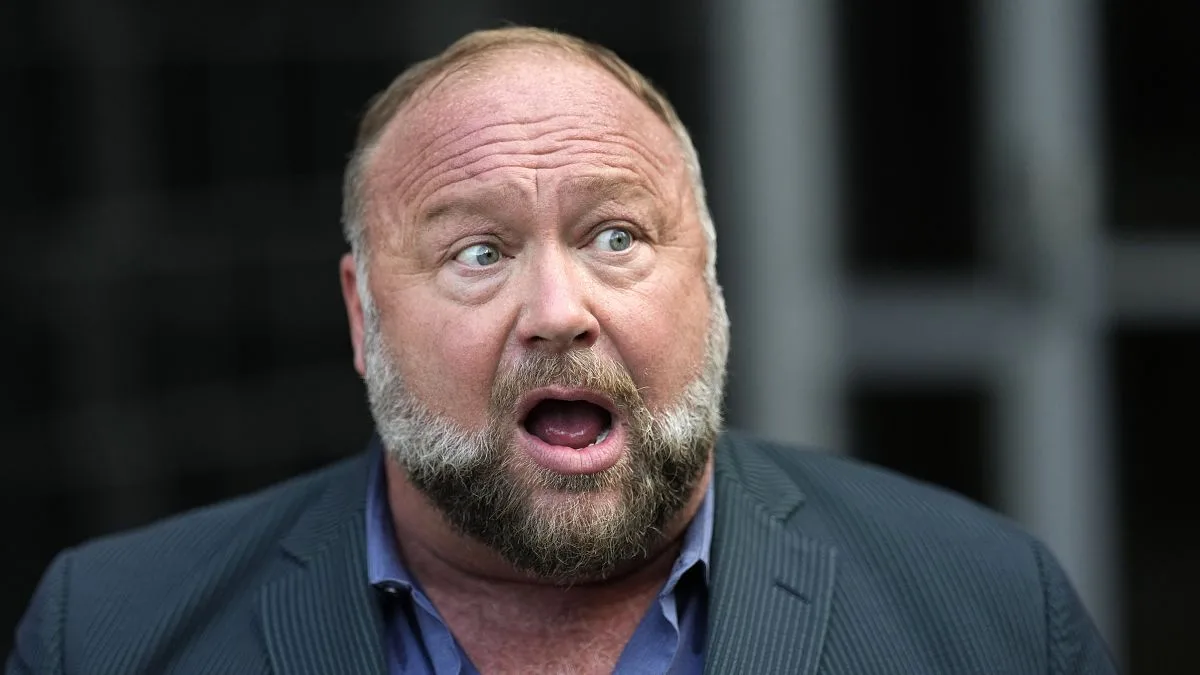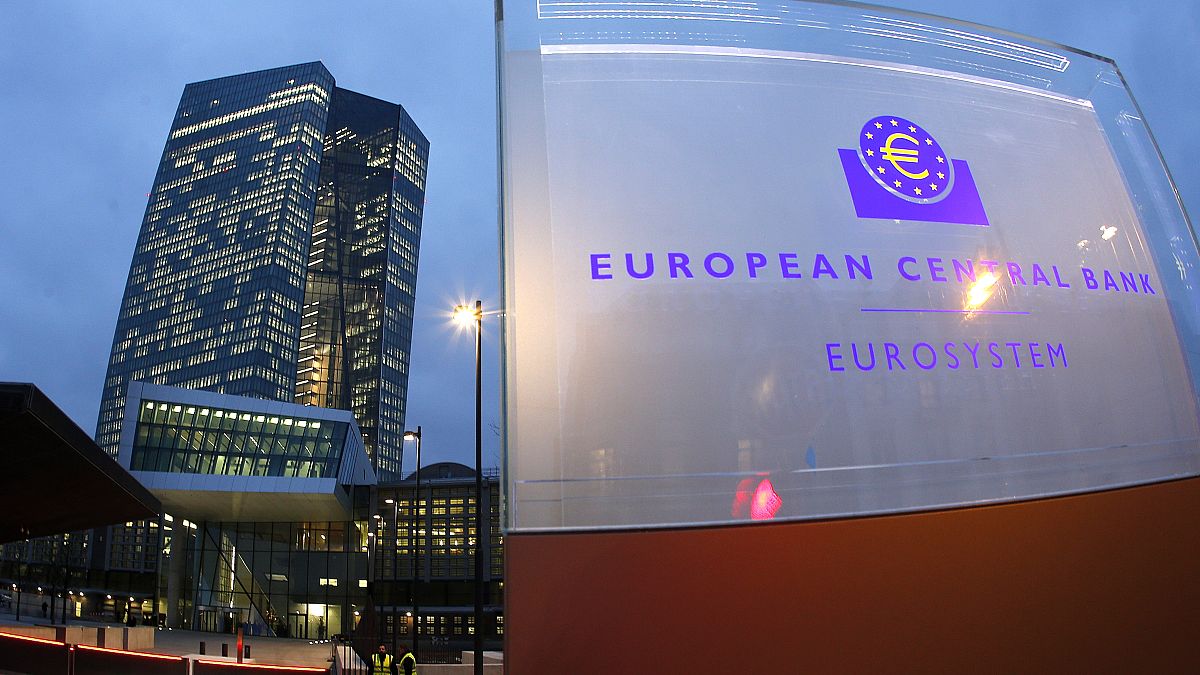The European Commission forecasts a decline in the Irish economy for 2024, with an expected rebound in growth slated for 2025, followed by stabilization in 2026.
According to the Autumn 2024 Economic Forecast report by the European Commission, Ireland’s gross domestic product (GDP) is projected to retract by 0.5% this year. This downturn is primarily attributed to challenges faced by the multinational sector during the first half of 2024.
Excitingly, economic growth is anticipated to accelerate in 2025, with GDP predicted to rebound by 4%, and maintain a robust growth of 3.6% in 2026.
In terms of inflation, Ireland is expected to see rates of 1.4% in 2024 and 1.9% in 2025, before slightly decreasing to 1.8% in 2026. Meanwhile, the unemployment rate is projected to rise to 4.4% this year but drop significantly to 1.4% in 2025 and further to 1.3% in 2026.
Gross public debt as a percentage of GDP is estimated at 41.6% in 2024, nearing a reduction to 38.3% in 2025, and expected to reach 36.8% in 2026. The anticipated growth rise in 2025 is largely due to a favorable external environment coupled with a strengthened labor market.
Positive EU Growth Outlook in 2025
Broadly speaking, the EU economy is also on a modest recovery trajectory, primarily driven by ongoing disinflation. The Autumn Forecast indicates EU GDP growth of 0.9% for this year, with projections moving up to 1.5% next year and 1.8% in the subsequent year. EU inflation is expected to average around 2.4% in 2024, tapering down to 2.1% in 2025, and likely stabilizing at 1.8% in 2026.
Valdis Dombrovskis, the European Commission’s Executive Vice-President for An Economy That Works For People, remarked in the report, “With the EU economy steadily recovering, we can expect a quicker growth pace next year, spurred by rising consumption due to improved purchasing power, historically low unemployment, and a boost in investment.” He cautioned against complacency, emphasizing the importance of addressing longstanding structural challenges and enhancing productivity to maintain global competitiveness.
Similarly, Paolo Gentiloni, the European Commissioner for Economy, stated in the report, “The European economy is on a gradual path to recovery. As inflation eases and growth in private consumption and investment rises, along with record-low unemployment, we can anticipate a steady acceleration in growth over the coming years. However, the pressure of structural challenges and geopolitical uncertainties may influence our future outlook.” Gentiloni highlighted the need for member states to balance reducing debt levels while continuing to foster economic growth through strategic investment and reforms.
Photo credit & article inspired by: Euronews



